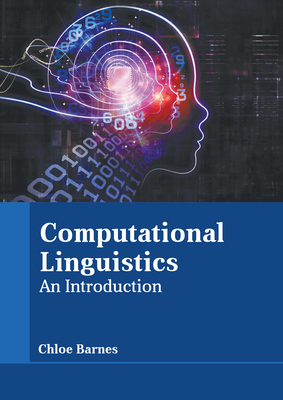Onception:现实世界机器翻译的专家建议下的主动学习
IF 5.3
2区 计算机科学
Q2 COMPUTER SCIENCE, ARTIFICIAL INTELLIGENCE
引用次数: 2
摘要
主动学习可以通过选择哪些实例更值得注释,在低资源环境中(即注释数据稀缺的情况下)发挥重要作用。机器翻译的大多数主动学习方法都假设源语言中存在一组句子,并依靠人工注释器提供翻译或后期编辑,这仍然可能代价高昂。在本文中,我们将主动学习应用于现实世界中的人在循环场景,在该场景中,我们假设:(1)源句子可能不容易获得,而是以流的形式到达;(2) 自动翻译接收评级形式的反馈,而不是正确/编辑的翻译,因为循环中的人可能是寻找翻译但不能提供翻译的用户。为了解决决定每个输入对源翻译是否值得查询以获得人类反馈的挑战,我们采用了许多基于流的主动学习查询策略。此外,由于我们事先不知道哪种查询策略最适合某一语言对和机器翻译模型集,我们建议使用预测和专家建议动态组合多种策略。我们在不同语言对和反馈设置上的实验表明,使用主动学习可以让我们在更少的人机交互的情况下汇聚到最好的机器翻译系统上。此外,使用预测和专家建议的多种策略相结合,优于几种互动更少的个人主动学习策略,尤其是在部分反馈环境中。本文章由计算机程序翻译,如有差异,请以英文原文为准。
Onception: Active Learning with Expert Advice for Real World Machine Translation
Active learning can play an important role in low-resource settings (i.e., where annotated data is scarce), by selecting which instances may be more worthy to annotate. Most active learning approaches for Machine Translation assume the existence of a pool of sentences in a source language, and rely on human annotators to provide translations or post-edits, which can still be costly. In this article, we apply active learning to a real-world human-in-the-loop scenario in which we assume that: (1) the source sentences may not be readily available, but instead arrive in a stream; (2) the automatic translations receive feedback in the form of a rating, instead of a correct/edited translation, since the human-in-the-loop might be a user looking for a translation, but not be able to provide one. To tackle the challenge of deciding whether each incoming pair source–translations is worthy to query for human feedback, we resort to a number of stream-based active learning query strategies. Moreover, because we do not know in advance which query strategy will be the most adequate for a certain language pair and set of Machine Translation models, we propose to dynamically combine multiple strategies using prediction with expert advice. Our experiments on different language pairs and feedback settings show that using active learning allows us to converge on the best Machine Translation systems with fewer human interactions. Furthermore, combining multiple strategies using prediction with expert advice outperforms several individual active learning strategies with even fewer interactions, particularly in partial feedback settings.
求助全文
通过发布文献求助,成功后即可免费获取论文全文。
去求助
来源期刊

Computational Linguistics
工程技术-计算机:跨学科应用
CiteScore
15.80
自引率
0.00%
发文量
45
审稿时长
>12 weeks
期刊介绍:
Computational Linguistics, the longest-running publication dedicated solely to the computational and mathematical aspects of language and the design of natural language processing systems, provides university and industry linguists, computational linguists, AI and machine learning researchers, cognitive scientists, speech specialists, and philosophers with the latest insights into the computational aspects of language research.
 求助内容:
求助内容: 应助结果提醒方式:
应助结果提醒方式:


